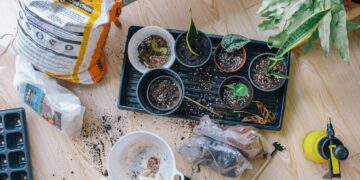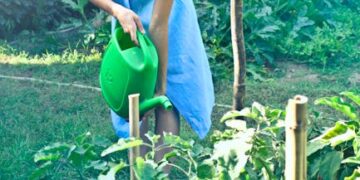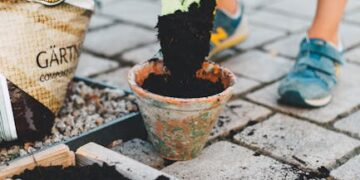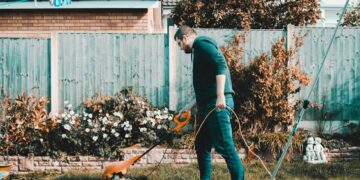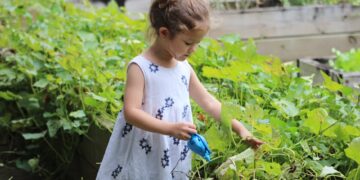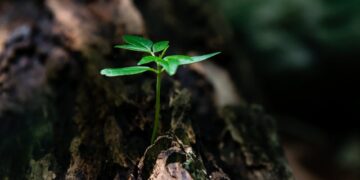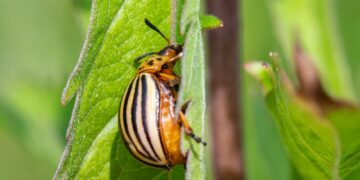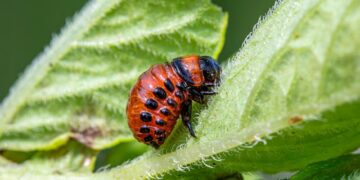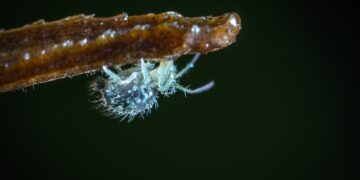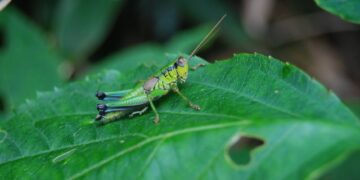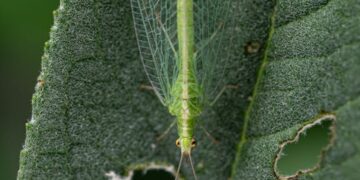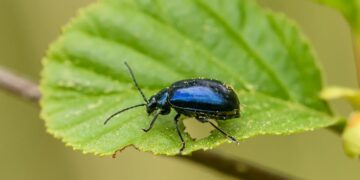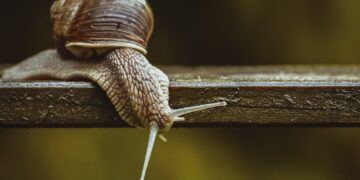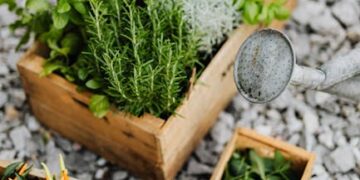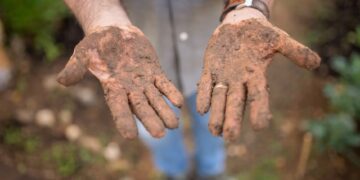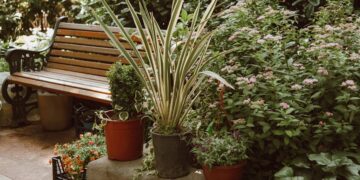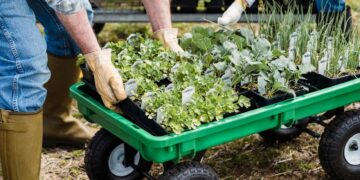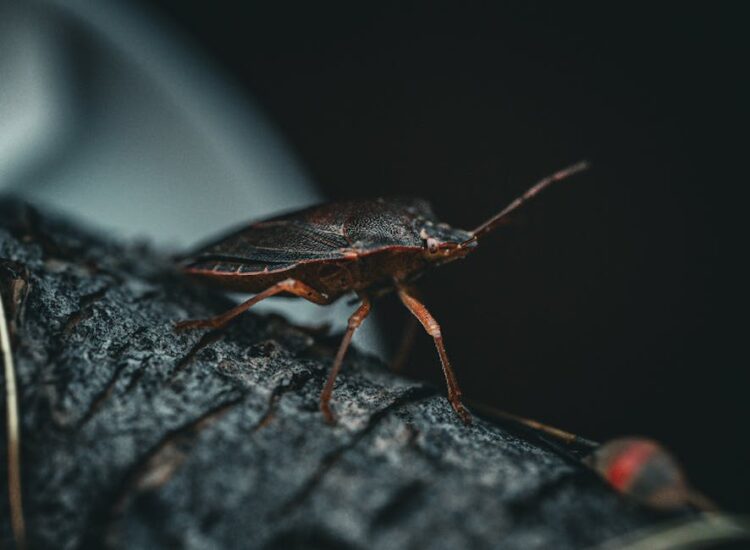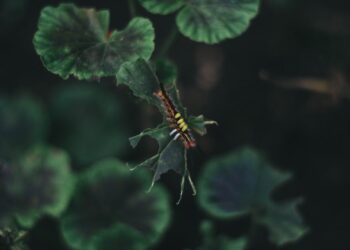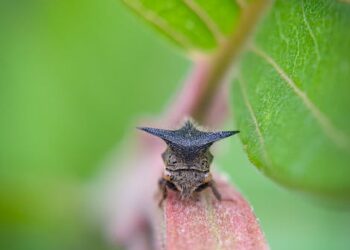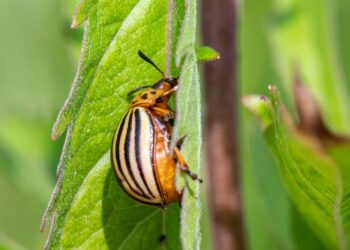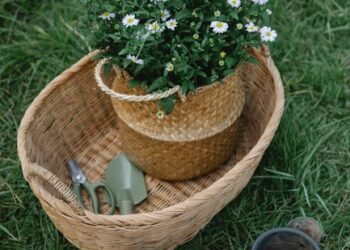Unlocking the Secrets of Organic Garden Pest Control: Natural Methods That Work
Many garden enthusiasts strive to maintain a lush, pest-free garden while adhering to organic practices. This balanced approach not only enhances your garden’s health but also supports ecosystem sustainability. In this comprehensive guide, you’ll discover effective, natural pest control strategies that safeguard your plants without the need for harsh chemicals.
Understanding Garden Pests
Before diving into control methods, it’s crucial to identify and understand common garden pests and the signs of their presence. Common culprits include aphids, slugs, caterpillars, and beetles, which can be identified by damaged leaves, stunted growth, and visible insects on the plant.
Identifying Common Pests
- Aphids: Small, often green insects that cluster on the undersides of leaves.
- Slugs and Snails: These leave shiny trails on the soil and plants, usually eating holes in leaves and flowers.
- Caterpillars: The larval stage of butterflies and moths, these can be seen eating leaves, often leaving only the veins.
- Beetles: Hard-shelled insects that chew leaves and can cause significant plant damage.
Natural Strategies to Combat Pests
Natural pest control encompasses a variety of strategies that work in harmony with nature. By fostering a balanced ecosystem, these methods help reduce the dependence on synthetic chemicals.
Biological Controls
Introducing natural predators into your garden is a sustainable method to manage pest populations. Ladybugs, for example, can consume vast numbers of aphids, helping keep their numbers in check.
Physical Barriers
Physical barriers can prevent pests from reaching your plants. Floating row covers, for instance, can protect young seedlings from flying insects and birds without obstructing light or water.
Natural Insecticides
When intervention is necessary, natural insecticides like neem oil or diatomaceous earth can be effective. These products cause minimal harm to other wildlife and degrade quickly in the environment.
Diverse Planting for Pest Prevention
Increasing the diversity in your garden is not only pleasing aesthetically but also aids in natural pest deterrent. Companion planting and creating habitats for beneficial insects are key aspects of this approach.
Companion Planting
Some plants can naturally repel specific pests. Marigolds, for example, are known to deter nematodes and other insects thanks to their strong scent, making them excellent companions for vegetables like tomatoes.
Beneficial Habitats
Creating a habitat that attracts predator insects or birds can significantly cut down on pest populations. Consider planting nectar-rich flowers to attract predatory insects such as hoverflies.
Maintaining Soil Health
Healthy soil is the foundation of a robust garden. Well-nourished plants are naturally more resistant to pests and disease.
Organic Mulching
Organic mulches like straw or wood chips not only conserve moisture and suppress weeds but also provide a habitat for beneficial insects that prey on common pests.
Regular Soil Testing
Understanding your soil’s nutrient levels can help you address deficiencies that make plants susceptible to attacks. Amending soil organically enhances its structure and nutrient content.
Cultural Practices to Minimize Pests
Simple cultural techniques can significantly reduce pest issues. These include practising crop rotation, timely planting, and regular garden hygiene.
Crop Rotation
Rotating crops can prevent the buildup of pests that favor specific plants. This practice also aids in maintaining soil health and nutrient balance.
Garden Hygiene
Keeping your garden free of debris and diseased plants can drastically reduce pest habitats. Regularly removing fallen leaves and spent blooms prevents pests from overwintering in your garden.
Frequently Asked Questions
What is the best natural pesticide?
Neem oil is widely regarded as one of the best natural pesticides due to its effectiveness against a variety of pests and its minimal impact on beneficial insects and the environment.
Can I make my pest repellents at home?
Yes, many gardeners make their pest repellents using ingredients like garlic, chili peppers, and vinegar. These can deter some pests when sprayed directly on plants.
Are natural pest control methods more time-consuming?
While some organic methods require more initial setup and routine maintenance, the benefit of healthier plants and a balanced ecosystem often outweighs this commitment.
Embracing natural garden pest control methods is not just about keeping pests at bay but also about promoting a healthier, more balanced garden ecosystem. With patience and persistence, you can enjoy a flourishing garden that’s both productive and environmentally conscious.

